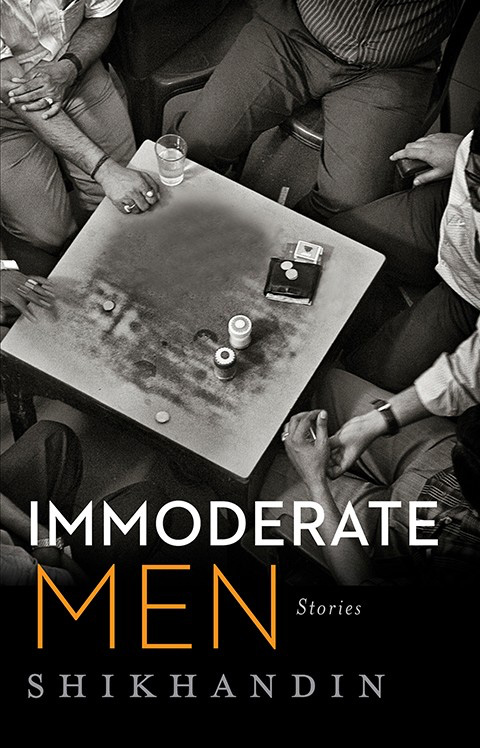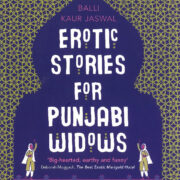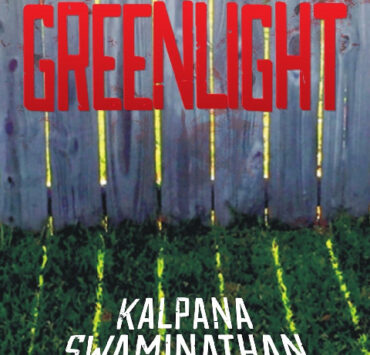Immoderate Men is a collection of short stories that explore the households and streets of post-partition to modern day Bengal. Written by an author who goes by the pseudonym Shikandin, the book contains 11 stories, each different in style, approach and content.
As the name of the book indicates, all the protagonists in it are male. The author’s choice of pseudonym, which is based on the story of the princess Amba from the Mahabharata, seems to have no particular connection with these stories.
In the book, chauvinism, patriarchy, and the male psyche are explored in an interesting and honest manner. Relationships and social interactions between people of various social classes are explored in different settings and situations, though the focus remains on the middle class. Though each story is very different from the others, the book highlights the shared experiences that most couples and families go through, such as sweet or sour marriages, the different sorts of love for a spouse or partner, and their unique interplay. The book humanises every character so you can feel for them despite their humanly flaws.
The stories themselves follow a slice-of-life sort of narrative structure—there is no clear beginning, middle, and end. For example, the story Stolen Spoons follows the curious spoon-stealing habit of a long-married couple, and sort of meanders from the present to the past to the present again. The story Black Prince cleverly sheds light on the delicate and complicated marital woes of a man while telling us the story of the man’s love for his rose garden. Salted Pinkies, arguably the cleverest story in this book, tells the story of one stormy evening in a street-side tea stall somewhere in semi-urban Bengal. Keeping this rough structure in mind, there is still a lot of variation. Mail For Dadubhai takes the idea of an epistolary novel but uses email instead of real physical letters to tell us about the somewhat one-sided relationship between a grandfather and grandson. The stories range from naughty to meditative, vengeful to calm, and from life-changing to the mundane day-to-day.
One of the strongest reasons that this book works is that each story, while talking about a subject that may or may not be that interesting, also exposes us to the cultural milieu and traditions of the time and place it is set in. Some of the stories, though pedestrian in their subject matter, are exciting because of the underlying dynamics of the situation. The author also makes the brave decision of writing in colloquial Bengali English in the last two stories, and you can’t help but imagine how it would sound. This adds a lyrical quality to these stories. There are stories of triumph and despair, of abundance and loss, of pain and of happiness. They poignantly bring out the humanity inside people in the most mundane of situations. They dare to treat love as differently as human beings experience the emotion, and bring either tears to our eyes or laughter to our lips. And then there are some stories that have no moral or message, but just are. In most of the stories, you are able to empathise with the characters simply because you can see the rigid traditions they must follow, the complicated dynamics they must negotiate, and the trials that they must face even if drowsy with fatigue.
The book, however, is not perfect. The first few stories feel incomplete, and invoke the same feeling as when the end credits of a movie start rolling before the story is satisfactorily resolved. After reading the first few stories, though, you know what to expect (no proper climax). Some of the stories, and especially Stolen Spoons, try to spring a surprise in the end, and it is disconcerting because it is often hard to connect the offending sentence with the rest of the (perfectly coherent) story. All in all, this book is a highly recommended read. It will leave you ruminating and wondering for days afterwards.
[Speaking Tiger Books; ISBN 9789385755965]









